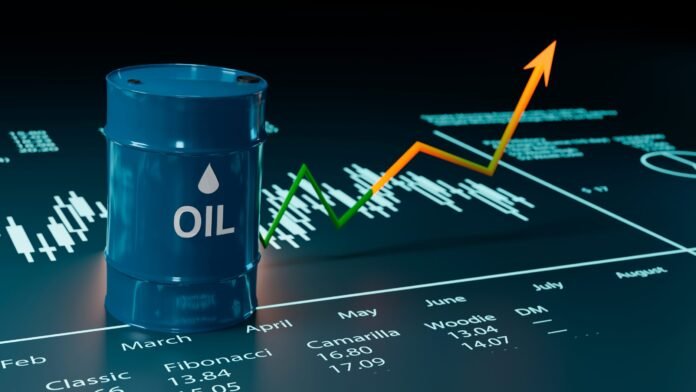Iraq’s oil exports reached new heights in August, generating revenues of more than $7 billion. Iraq’s oil exports remained robust, reflecting strong production and stable global demand. According to the State Oil Marketing Organization (SOMO), Iraq shipped a total of 104,806,884 barrels last month. These sales brought in over $7.16 billion, demonstrating the country’s continued reliance on oil as a key economic driver.
Crude output from Iraq’s central and southern fields contributed significantly to the total, accounting for 103,895,706 barrels. Meanwhile, the Qayyarah oil field added 911,178 barrels to the national export tally. This performance underlines Iraq’s ability to maintain consistent output despite regional challenges and fluctuating international oil prices.
Economic analysts noted that Iraq’s oil exports play a central role in stabilizing government revenues. In August alone, the revenue from oil exports helped cover essential public sector costs, including infrastructure and social services. Analysts also highlighted that maintaining high export levels requires careful coordination between Iraq’s oil authorities and international buyers.
SOMO emphasized that production schedules and shipments continue to follow global market trends. The organization’s data shows that Iraq managed to secure favorable prices for its crude despite competitive pressures. Additionally, the mix of high-volume exports from central and southern fields, together with output from smaller fields like Qayyarah, ensured consistent delivery commitments to international markets.
In addition to revenue growth, Iraq’s oil exports support broader economic stability. Government officials point out that oil revenues help fund vital development projects across the country. Furthermore, maintaining high export levels strengthens Iraq’s position in OPEC negotiations and global energy markets.
Looking ahead, Iraq aims to sustain its oil exports while improving infrastructure and efficiency in production. Experts suggest that expanding pipeline capacity and modernizing storage facilities will help maximize output. Meanwhile, Iraq’s oil exports remain a key pillar for economic growth and national fiscal stability, ensuring the country meets domestic needs while fulfilling international commitments.
Overall, August’s figures highlight Iraq’s strategic role as a leading oil exporter in the region. Continuous investment in production and careful market management will likely keep revenues strong in the coming months.


